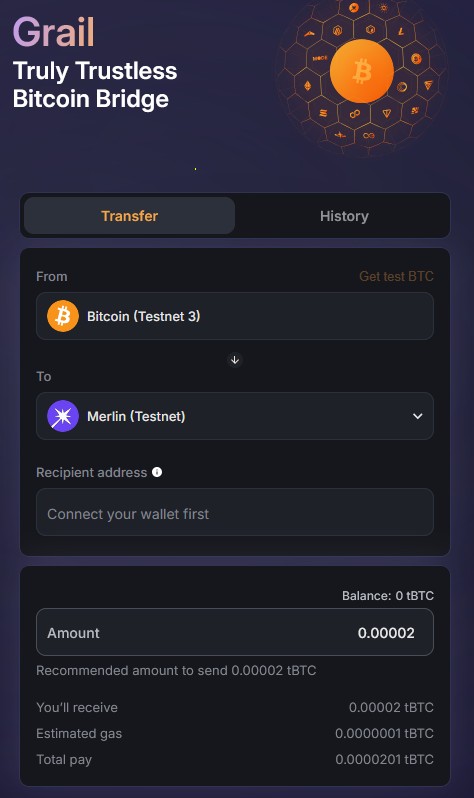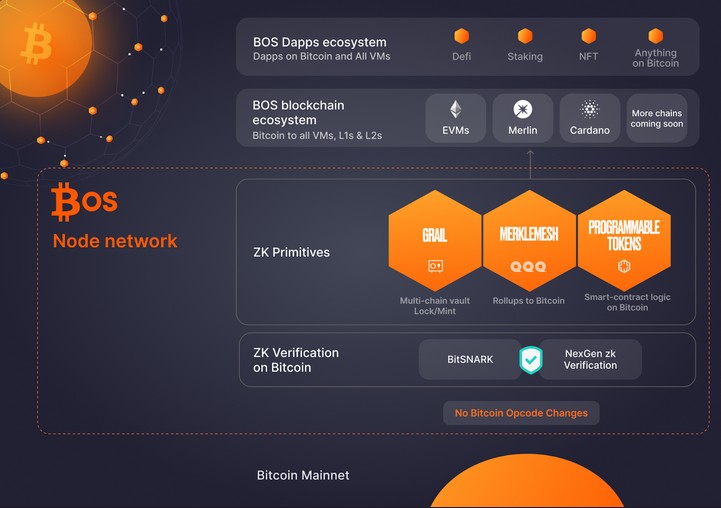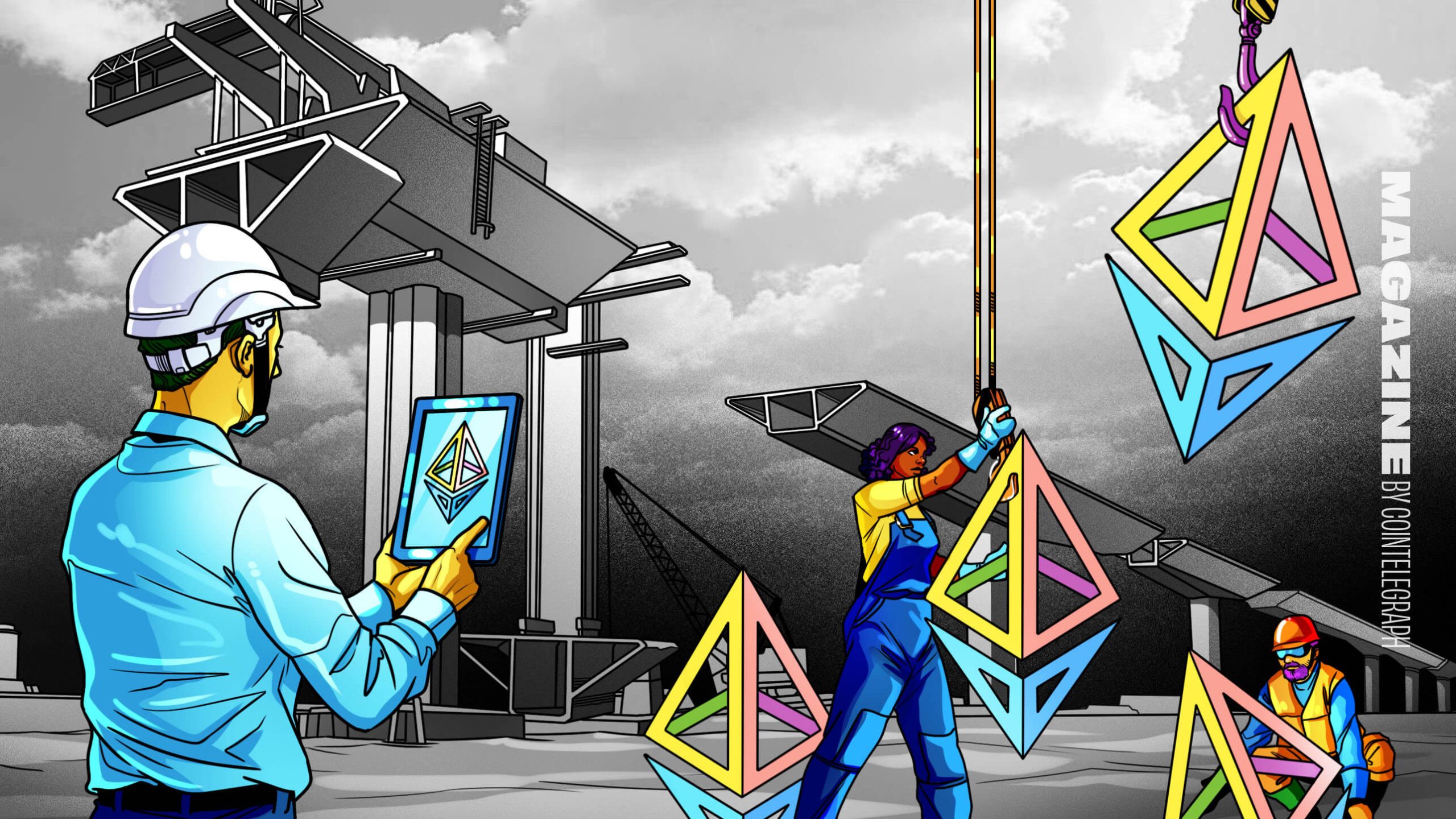BitcoinOS and Starknet aren’t waiting around for the controversi
  |
BitcoinOS and Starknet aren’t waiting around for the controversial OP_CAT hard fork to add new functionality to Bitcoin, with both projects devising innovative ways to scale Bitcoin using zero-knowledge (ZK) proofs right now.
The projects have both demonstrated it’s possible to verify ZK-proofs on Bitcoin’s existing mainnet — even if Bitcoin’s ultra-simple scripting language makes it difficult and expensive. This could create genuine Bitcoin L2s that inherit much of its security, and unlock the intriguing possibility of creating programmable tokens on Bitcoin itself.


Best known as an Ethereum L2, Starknet wants to use the tech to scale Bitcoin to thousands of transactions per second, up from just 7 TPS today. “The ecosystem in Starknet is very, very enthusiastic about also expanding to Bitcoin,” co-founder Eli Ben-Sasson tells Magazine.
BitcoinOS, meanwhile, claims it will soon unveil technology that unlocks “smart contract functionality directly” on Bitcoin’s mainnet itself, rather than requiring BTC to be sent to a Bitcoin L2. This could enable almost $2 trillion of Bitcoin to be used natively in DeFi.
“That’s a whole lot of money just sitting there and doing nothing,” says CTO Gadi Guy. “We want to put this money to work.”
In November, BitcoinOS sent the first trustless transaction using its Grail zk bridge between Bitcoin and the Merlin Bitcoin L2. Merlin is an Ethereum Virtual Machine-compatible blockchain, and BitcoinOS intends to publicly demonstrate a transaction between Bitcoin and Ethereum soon.
In fact, Guy suggests they may have already done so.
“Well, we’ve sort of been doing these demos for a while now,” he says. “The next step is launching the actual product.”
More than 185,000 users have tried out the BitcoinOS (BOS) Grail bridge on testnet, which uses BitSNARK verification to send funds between chains (a SNARK is a type of cryptographic proof). Arbitrum, CoreDAO, BNB Chain, Mode and Merlin have been integrated so far, with 30 more coming, including Cardano.
Guy isn’t a fan of the term “trustless,” however. “I would prefer to present this as a No Counterparty Bridge, which means that there’s nobody who can run away with the money,” he clarifies.
Guy said the ability to lock and bridge funds using zk is “just the very beginning.”
“Once we can do this, we can write decentralized applications on Bitcoin. We can write exchanges, we can write lending systems, we can build staking systems, we can build gambling systems. There’s a whole bunch of things that we can do that are happening on Ethereum that can’t be done [currently] on Bitcoin.”


Smart contract functionality on Bitcoin via zk
As the very first blockchain project from 2008, Bitcoin script has extremely limited functionality. As a result, most Bitcoin L2s are just sidechains with inferior security and consensus mechanisms that enable users to interact with tokens representing locked or pegged Bitcoin.
Guy compares Bitcoin script to the machine code that computer scientists had to work with back in the 1960s and says it doesn’t have essential programming constructs like loops, conditional statements, or even the “goto” command.
So the vision for the 30-member BitcoinOS team is to create an operating system on top of that code in the same way Windows was originally built on top of the text command-driven MS-DOS. Guy says this will enable access to security features, user management, and provide an environment where devs can build “interesting applications” for Bitcoin.
He’s keeping the precise details about how they’ll achieve this to himself, but insists the expanded functionality will not be on an L2.
“No, we’re going to build smart contract functionality directly. That’s the point. We have a few white papers that we’re very near completing that will explain how we’re going to do this. Some of this is very innovative. BitSNARK was just the beginning.”
There are a few clues, however. According to the project’s roadmap from December, a Programmable Token Framework will play a big role.
“BOS enables tokens inscribed with zk proofs that embed smart contract logic directly on Bitcoin. These tokens could represent DeFi cash flow sequences or tokens with automatic SAT distribution across order books.”
Another primitive called Merklemesh will facilitate “genuine” Bitcoin rollups by sequencing “data into SNARK proofs validated on Bitcoin mainnet.”
According to the BOS site, the system “operates via a cluster of permissionless nodes that execute BOS computations, verify ZK-proofs, and monitor all parts of the BOS tech ecosystem.” Mainnet is scheduled to launch this…
cointelegraph.com
